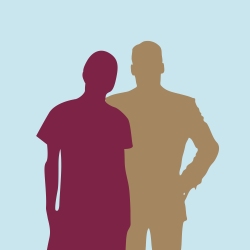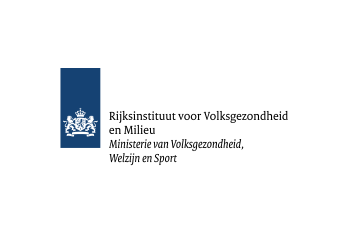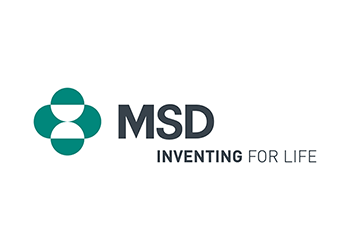Talking to someone who has lived with HIV for some time, and who demonstrates empathy, driven by personal experience. Meeting up with someone treading the same path and learning about their experience of living with HIV.
Peer counselling is particularly suited to people who have recently been diagnosed, or who have been going round in circles for years. The counselling is restricted to a few talks, on the phone and/or face to face, after which the client follows his or her own path, often to other forms of interpersonal communication. Key points are: listening, sharing, promoting acceptance and encouraging self-management of HIV as a chronic condition.
 Common ground
Common ground
The client and the peer counsellor have common ground (e.g. age, cultural background, gender) which facilitates a conversation between equals. Matching a client with a peer councillor is a rapid process and is based on the two parties having things in common.
The group of trained peer counsellors consists of men and women, ranging from young to old, who are culturally sensitive and have a Dutch and/or immigrant background. Subjects dealt with during the talks are: stigma, who do I tell and how, sexuality, guilt and shame, medication, the future.
Good match
The matchmaker processes the online application within three working days, but the initial contact is often made on the day of application. Peer counselling is informal care and supplements formal HIV care. Contact with a peer counsellor is limited to issues around living with HIV. For other problems − be it psychosocial, societal or medical − you are referred back to the HIV treatment centre.
Applying on behalf of someone
With privacy-sensitive client information in mind, the person acting on your behalf can request telephone contact with the matchmaker in the online application form. The application can then be explained orally in order to make an optimum match possible. The matchmaker himself will also contact the person acting on your behalf if more information is required, or if contact with the client is not established after the match. The matchmaker will contact the client directly to confirm the application is being processed and again when the match has been made. Contact with the client is then transferred to the peer counsellor.
On 20 January 2018, Sieds Wildenbeest and I were invited to spend an afternoon at the peer counsellors' training weekend. The aim was to discuss the differences and similarities in approach and methodology between HIV nurses and peer counsellors.
In particular, the year following the HIV diagnosis was discussed extensively. Our story is based on medical and scientific knowledge but also on our many years of experience built up in the meantime. I especially liked the supportive role that peer counsellors play in acceptance and self-stigma. A perfect complement to each other. In addition, it was good to hear that the peer counsellors refer clients to us and encourage them to contact us if they feel the need, as we do the same the other way round. It was a fascinating afternoon and it was great the way we talked and complemented each other in an easy-going, accessible manner.Tine Duijf, HIV nurse
Need more information? Contact the Service Desk on 020 - 689 25 77, available every Monday, Tuesday and Thursday 14.00 - 22.00.









